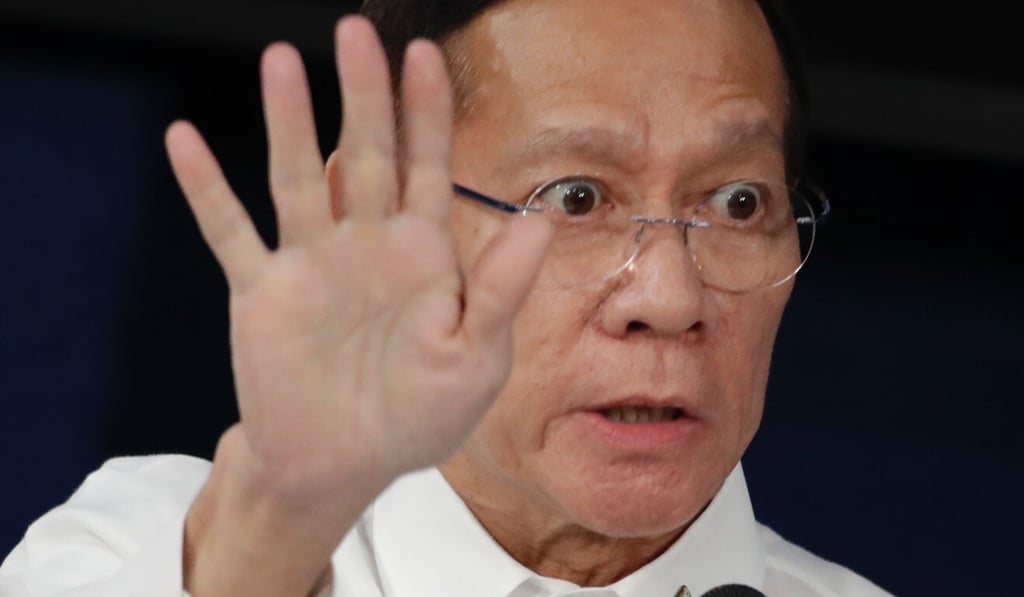Advertisement
Were Philippine Covid-19 vaccines delayed for election purposes? Senators wonder
- The country’s vaccine tsar Carlito Galvez Jnr has been forced to deny suggestions from senators that the government wanted to time the vaccine roll-out to coincide with next year’s presidential election
- Claims came during a five-hour grilling of the embattled Health Secretary Francisco Duque over the government’s pandemic response
Reading Time:3 minutes
Why you can trust SCMP
3

The chief of the Philippines’ coronavirus task force was on Wednesday forced to deny that the government was delaying its vaccination programme to gain an edge in next year’s presidential election.
Vaccine tsar Carlito Galvez Jnr was called to the stand during a nearly five-hour Senate grilling of the embattled Health Secretary Francisco Duque, himself under fire for what critics say has been a botched response to the pandemic.
As of August 23, just 13.2 million Filipinos – a little over 12 per cent of the population – had been jabbed in a country that has seen 1.88 million infections and 32,942 deaths and on Wednesday reported 13,573 new infections and 228 deaths.
Advertisement
Duque defended the government’s approach, telling the hearing that the presidential palace was aiming to achieve “herd immunity” – defined by the task force as vaccinating up to 70 per cent of the population – by February next year.
This invited a sceptical response from senators who noted the proximity of the presidential election in May.
Advertisement

Advertisement
Select Voice
Choose your listening speed
Get through articles 2x faster
1.25x
250 WPM
Slow
Average
Fast
1.25x